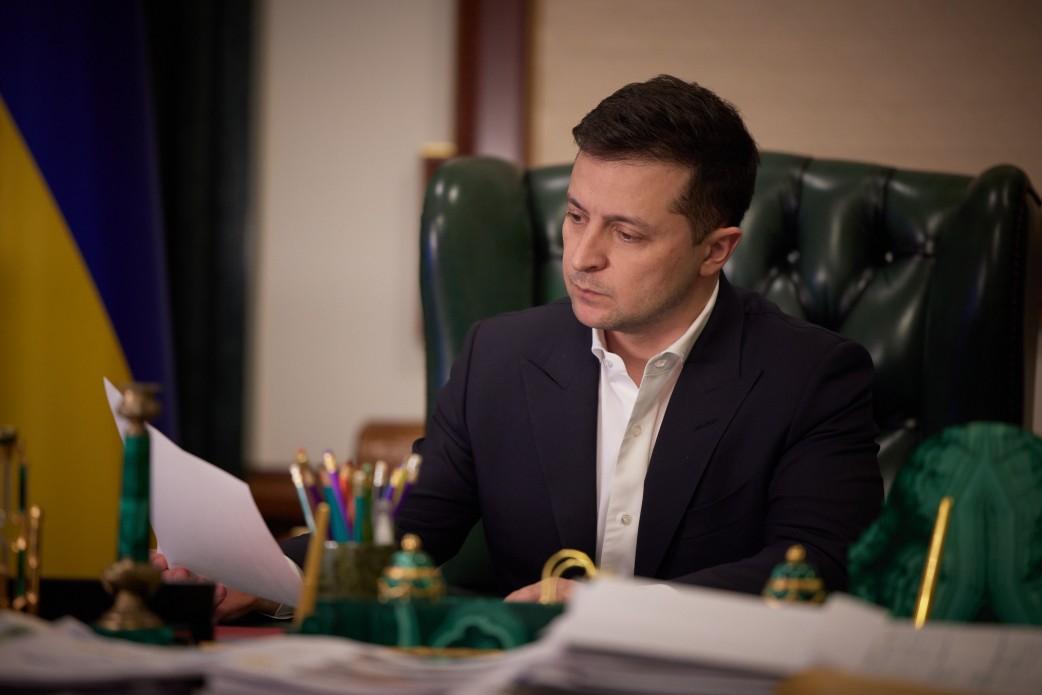
President Volodymyr Zelensky has signed a law introducing the possibility of criminal prosecution in absentia of persons hiding from justice in the Russian Federation or in the temporarily occupied territories of Ukraine.
The law intends to ensure the inevitability of punishment for those who have committed a criminal offense and are hiding from the investigation, the president's press service reports.
Read alsoZelensky enacts sanctions against 27 ex-officials, incl. Yanukovych, Azarov"According to Ukrainian law, in order to start a special pre-trial investigation or special court proceedings against a fugitive, they shall be put on the international wanted list. But Interpol sometimes turns down Ukraine's appeals to put certain persons on the international wanted list, motivating such decisions by signs of political persecution. Courts, for their part, associate the fact of someone being put on the international wanted list with the moment Interpol puts up a 'red card', and, as a result, they overrule motions for a special pre-trial investigation," the President's Office said.
The law, signed off by president, changes the approach, defining the two grounds for pursuing a special pre-trial investigation or special court proceedings (in absentia):
- If a suspect was put on the international wanted list;
- If a properly summoned suspect fails with no due reason to report to an investigator, prosecutor, investigating judge or court, also being on the territory of the aggressor state (Russia) or in the temporarily occupied territories of Ukraine.
The investigating judge may issue an arrest warrant for such suspects in absentia.
Read alsoProsecutor General Venediktova formalizes treason charges against Putin's crony Medvedchuk, his ally KozakThe law also defines the list of articles of the Criminal Code to which the new rules apply. Defendants in such criminal proceedings may be tried in absentia. Minors are exempt from being targeted by a pre-trial probe in absentia.
The law mandates publication in the national media and on the PGO's official website of information about suspects probed in absentia, no later than 24 hours after the relevant court warrant has been issued.
The law comes into force on the day following the day of its publication.

